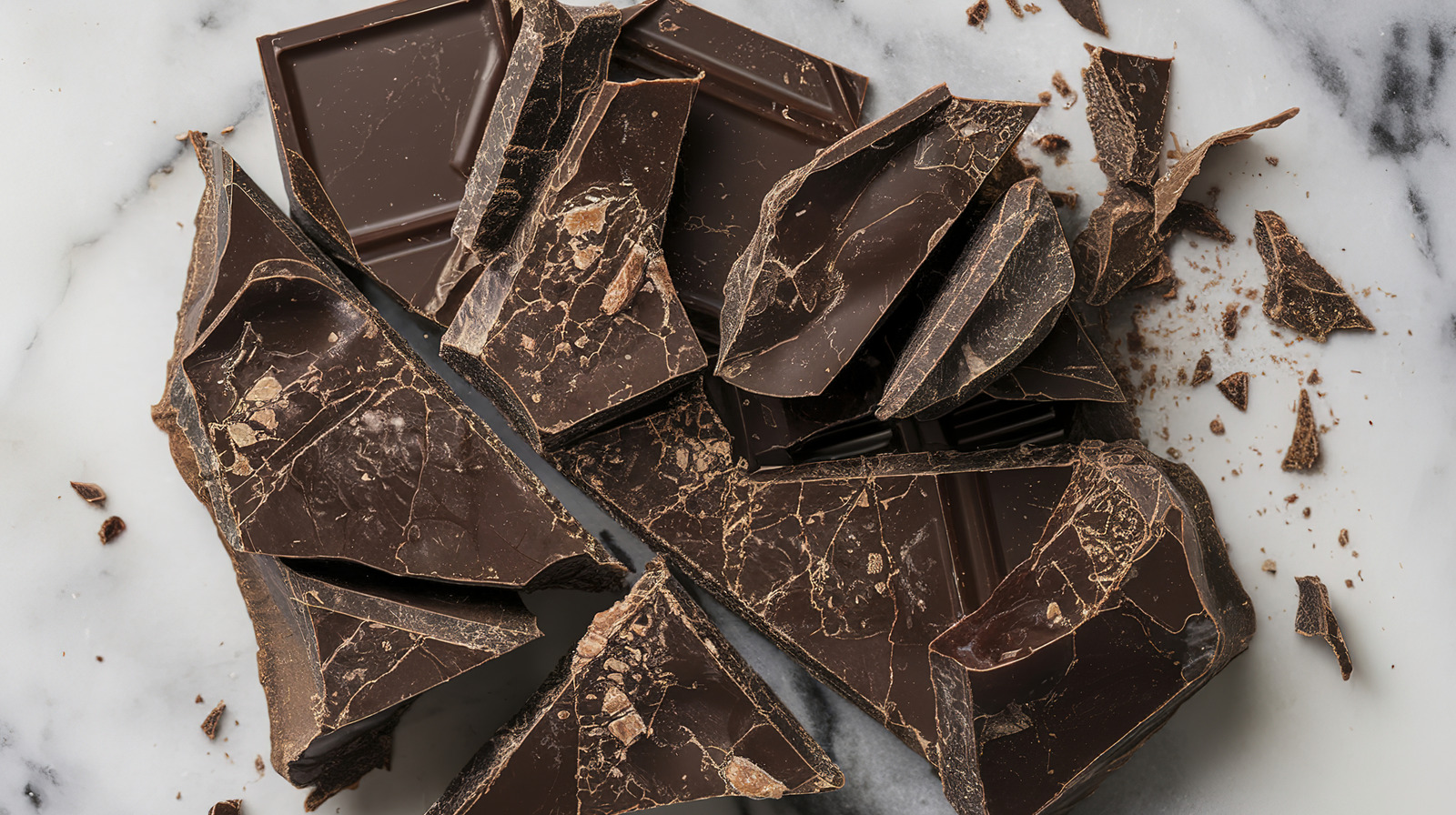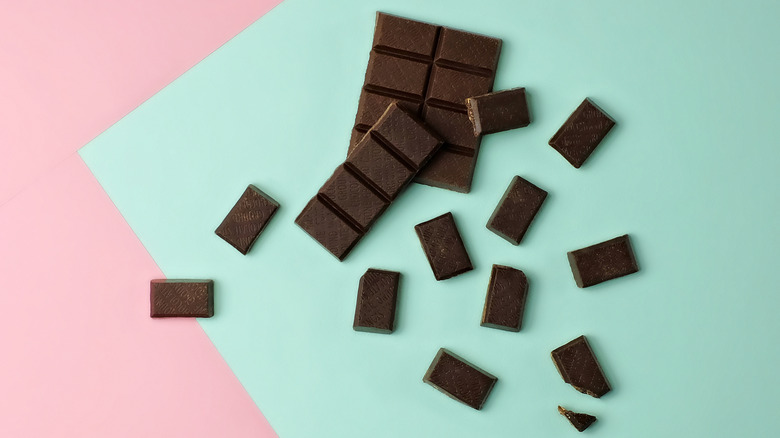Let’s be real: Dark chocolate, with its almost perfect balance of flavor and texture, has somehow scored the best reputation of the chocolate bunch. While milk chocolate is off flirting with caramel and white chocolate is basically sugar in a tuxedo, dark chocolate is getting invited to health food lists and antioxidant parties. But does it actually deserve the halo or is it just the overachiever with the best branding?
The main reason dark chocolate is considered “healthier” comes down to cocoa content. The darker the chocolate, the more cocoa solids it contains, and cocoa is where all the good stuff lives: flavonoids, polyphenols, antioxidants, and magnesium. These compounds have been linked to heart health, improved blood flow, and reduced inflammation. White chocolate, on the other hand, contains zero cocoa solids (just cocoa butter), and milk chocolate is usually diluted with — you guessed it — milk and sugar.
Speaking of sugar, dark chocolate usually has less of it. That bitter snap you taste in a high-cacao bar? That’s what happens when chocolate isn’t softened up with loads of sugar and dairy. An 85% bar might not exactly melt in your mouth, but it also doesn’t come with a sugar crash. In a head-to-head matchup, dark chocolate wins on the less-is-more principle: fewer carbs, less sugar, more antioxidants, more fiber. Yes, fiber — in your candy bar. Who knew?
Portion psychology at work
With popular milk chocolates, it’s easy to inhale the entire bar without blinking. But dark chocolate, with its bold, slightly bitter punch, naturally slows you down. A single square feels like a full stop instead of a comma. This makes you feel virtuous, controlled — even if you go back for another square. Or three.
Marketing doesn’t hurt either. “70% cacao” just sounds sophisticated. It’s the black turtleneck of the chocolate world. Meanwhile, “white chocolate truffle explosion” feels like something invented by a toddler at a frozen yogurt bar. Add in the trend of artisanal packaging, single-origin sourcing, and buzzwords like “antioxidant-rich,” and it’s no wonder dark chocolate shows up in health and wellness roundups more often than its cousins.
But let’s keep it real: Dark chocolate is still dessert. It has fat. It has calories. And if you eat it like trail mix, it will treat you like trail mix and sneak up on you. The health benefits are tied to moderate intake and bars that contain a high percentage of actual cocoa, not just buzzwords and Instagrammable foil.
So is dark chocolate healthier than milk or white chocolate? In short: Usually, yes. But only if you’re choosing varieties with 70% cacao or higher and treating it as a treat, not a free pass.That said, if you are going to reach for a sweet snack that tastes decadent and might help your heart? Dark chocolate isn’t a bad way to go. Bitter, bold, and just smug enough to feel good about.






